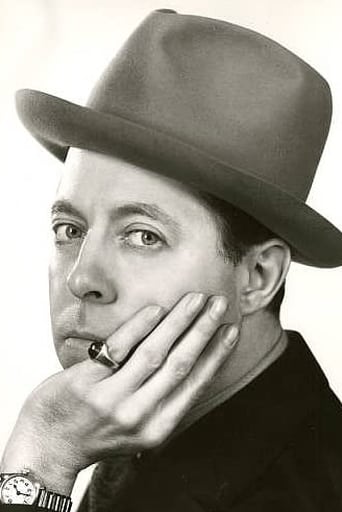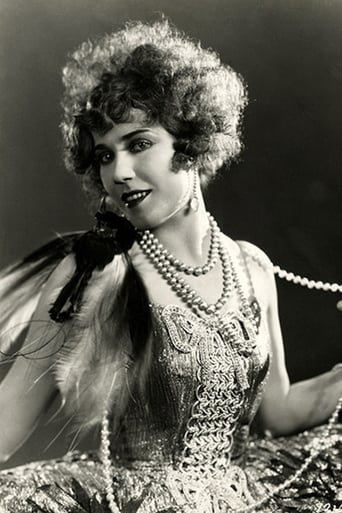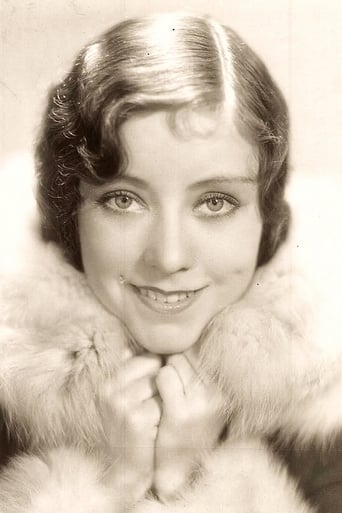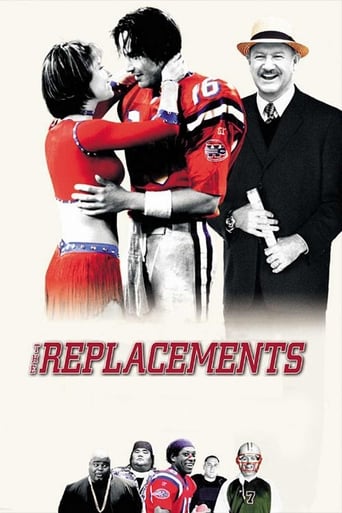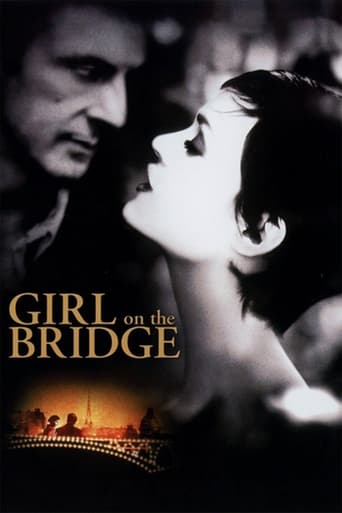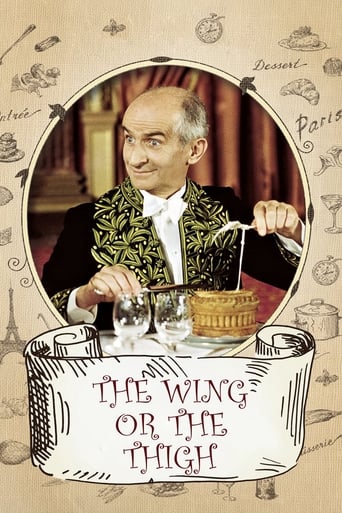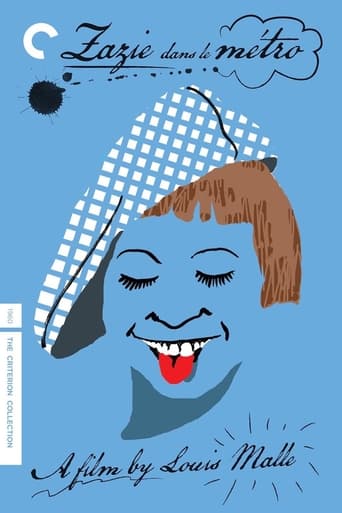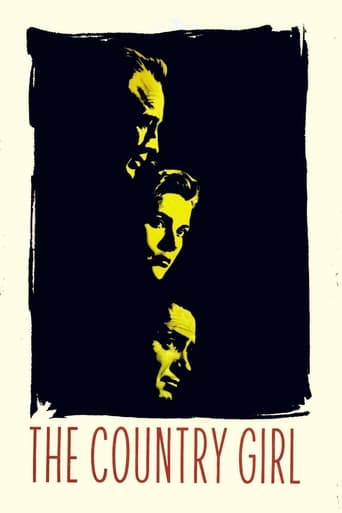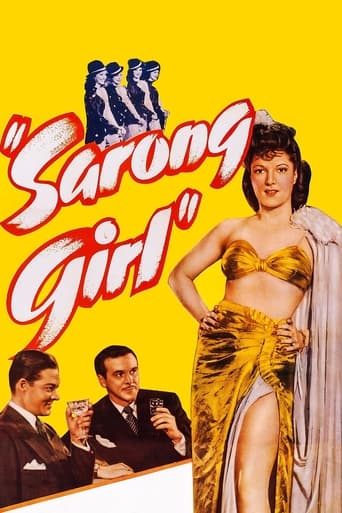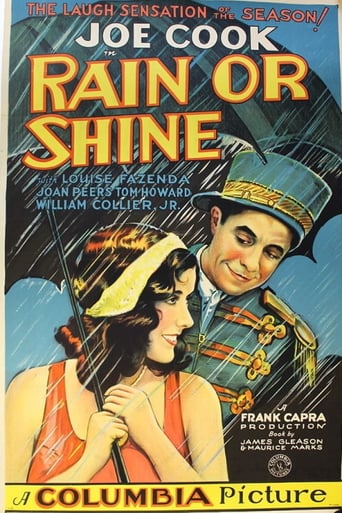
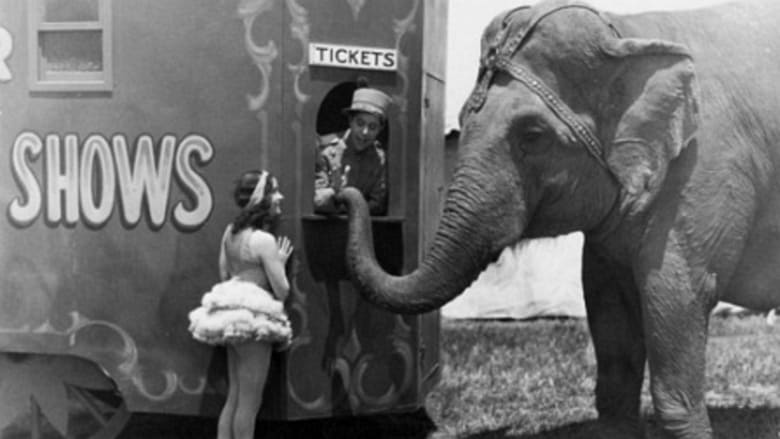
Rain or Shine (1930)
Young Mary Rainey takes the reins of her deceased father's failing circus. With the help of the Inimitable Smiley Johnson, she hopes to bring fortune back to her ragtag band of ragged shoeleather performers.
Watch Trailer
Cast
Similar titles
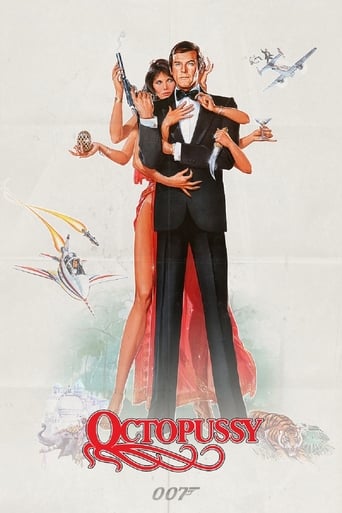
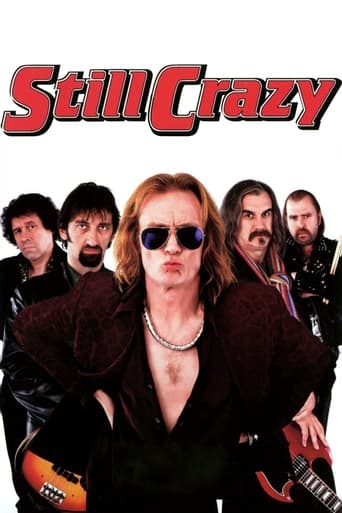
Reviews
Surprisingly incoherent and boring
Pretty Good
If you don't like this, we can't be friends.
A lot of perfectly good film show their cards early, establish a unique premise and let the audience explore a topic at a leisurely pace, without much in terms of surprise. this film is not one of those films.
It's evident this is a dated movie, but I think it is eminently watchable. Not Capra's best by any means, but a decent insight to the workings of circuses in the late 20's. A score of wonderful character actors, slapstick and physical comedy nicely blended with vaudeville routines. Yes, the dialog is fast-paced, but there are great one-liners and wholesome comedy. It's a shame the musical numbers are dealt with in the opening and closing credits rather than scored in the movie. Joe Cook is amazing as he juggles, tightrope walks, and balances his way through the movie. His dialogue is quick, tight, and funny. Most of the actors were unknown to me as an amateur film buff, but now I will look for more of their movies. The viewer can see the similarity to Wheeler and Woolsey, The Marx Brothers, Al Jolson, and other stars of early talkies. The visual reproduction is very good, with little background noise, as is the audio recording. This movie is part of a new Early Capra release with four other titles.
Rain or Shine (1930) ** (out of 4)Mary Rainey (Joan Peers) takes over her father's circus after his death but soon finds herself in major financial trouble. The manager, Smiley Johnson (Joe Cook), always has a positive spin on everything but soon not even his fast talking can help the situation. Opinions on this film seem to be extremely mixed and I'm going to have to fall on the negative side. It's rather hard and perhaps unfair for my to criticize the film for the reasons I'm going to but here goes. I found Cook to be an incredible talent here and he gives an amazing performance. At the same time I'd say his performance was too amazing because he plays an annoying character and that's exactly how it struck me. The frustration the owner in the film has over his attitude and actions is the same frustration I started to feel and this really started to take away from the film for me. The first thirty-minutes kept me entertained but then I finally hit a wall to where I was wanting to hit certain characters. Again, it's somewhat unfair for me to bash Cook for giving a great performance but I couldn't help but to have his character on my nerves. The supporting performances are rather good as well and that includes Tom Howard as a dimwitted fool who can't keep anything straight. In perhaps the funniest and most unbelievable sequence, Ethel Greer, a real life "Fat Woman", falls out of a trailer and gets stuck in the mud. The men can't pick her up due to her large weight so they have to get an elephant to do the job. This scene is certainly outrageous and in some ways so shocking that I couldn't help but laugh my behind off. The ending picks up a lot of steam but by that point I was pretty much wore out and ready to move on.
I think previous commentators have missed the boat on this. The film is a matter of the director overcoming the star. Joe Cook's shtick wears thin. His first encounter with the store owner is droll, but a series of non-sequiters do not make a comedy. Capra's direction is brilliant. (Spolier:) Obviously, the elephant pushing the fat lady is a tour de force, and the riot and fire at the climax are spectacular, but notice his great tracking shots. The camera follows characters as they saunter through the circus. What was worth seeing and preserving here is not Cook's quaint act, but the way of life of the circus, a "Water for Elephants" scene.
I regret that I have only seen about two fifths of this nice early talky comedy. You can see the scenes I saw on You Tube.But I have seen enough to see that under the jointly able hands of Joe Cook and director Frank Capra we have a first rate comedy. It's also another example of saving those chunks of the past that we thoughtlessly throw aside. In this case the wonderful but brief Broadway career of Joe Cook, comedian extroadinaire.Who he? That's the tragedy of Broadway fame. Unless a filmed account or a kine-scope or video is made of a classic Broadway turn or performance we have little idea of what audiences of (say 1925) enjoyed. That's one more reason to savor films of W.C.Fields or the Marx Brothers or even the few with Bea Lillie. Cook made a handful of films before illness (Parkinson's disease) cut into his abilities. Savor them - he's well worth it.With the Brothers, Fields, Lillie, Bert Lahr, Jimmy Durante, Victor Moore and William Gaxton, Bobby Clark and Paul McCullough, and a handful more, Cook captured Broadway. He was a great acrobatic comic and juggler. Whether a better juggler than Fields I can't say, but Fields never ventured on tight ropes to do the kinds of things that Cook did (and which is in this film, as it is a circus film: look at him on a wire and twirling four metal hoops around his neck, arms, and loose leg. W.C. did not do that, nor Groucho). Like Groucho, Clark, and W.C., Cook could double-talk with the best of them. His spectacular thing was the totally meaningless explanation or anecdote. It works this way - he comes to somebody doing something, and starts going into a long discussion which seems to be heading to some point regarding the activity going on. Then, all of a sudden, the anecdote is finished. Only it has not gotten to anything of use to the hearer. In this film there is a scene where Tom Howard (A.K. Shrewsberry - feed merchant, unsuccessful debt collector, and unwilling partner of Cook's Smiley Johnson) is cleaning his vest from a mustard stain. Cook stumbles on him and sees what he's doing. Suddenly he remembers from his youth how he had cereal (corn flakes) for breakfast, and how he did not use the regular milk but evaporated (canned) milk and sugar. One day...but watch You Tube to see the result of the story and Howard's total incredulity at the end about what he hears and what's it supposed to illustrate.The other two sections of the film on You Tube deal with how Cook (who owes Howard a huge feed bill) double-talks the other one out of his lawful position as creditor. From the start Howard is in trouble, as Cook has him passing out circus fliers, and as he makes a solid, sensible comment on a passing statement. Howard says, "I want to have a conversation with you in private." Cook replies, "That's impossible - we'll be together." Howard is doomed from the start.There is also the best portion of the segments on YOU TUBE of what happens when the unpaid circus performers go on strike after the audience fills the big top. There Cook shows his skills as an acrobat and juggler. You will be deeply impressed. You'll also see a mop top assistant - Cook's partner/stooge Dave Chasen, adding his bits to the sequence. Chasen eventually became famous for his restaurant to the stars (like Romanov's) in Hollywood - also called Chasen.By the way, my mention in the summary line is truly based on what I have read on Cook. I don't know if he ever put it on film before he stopped making movies, but his best remembered stage stunt was to walk out on stage strumming a ukulele, and telling the audience he was going to imitate a four man Hawaiian band performing at once. Two are dancing (he swivels his hips and taps a foot), one is playing the uke, and one is whistling. Then he says, "You may wonder why I am doing this." He launches into a pointless discussion on how he gradually invested his money well, made it into a larger and larger pile, and got about $50,000.00 (in 1925 money). Then he stops and looks at the audience, and says "And if I have $50,000.00 why should I imitate four Hawaiians performing at once!" So he'd stop and walk off the stage, as the audience roared with laughter.I wish more of that work could have been preserved.
